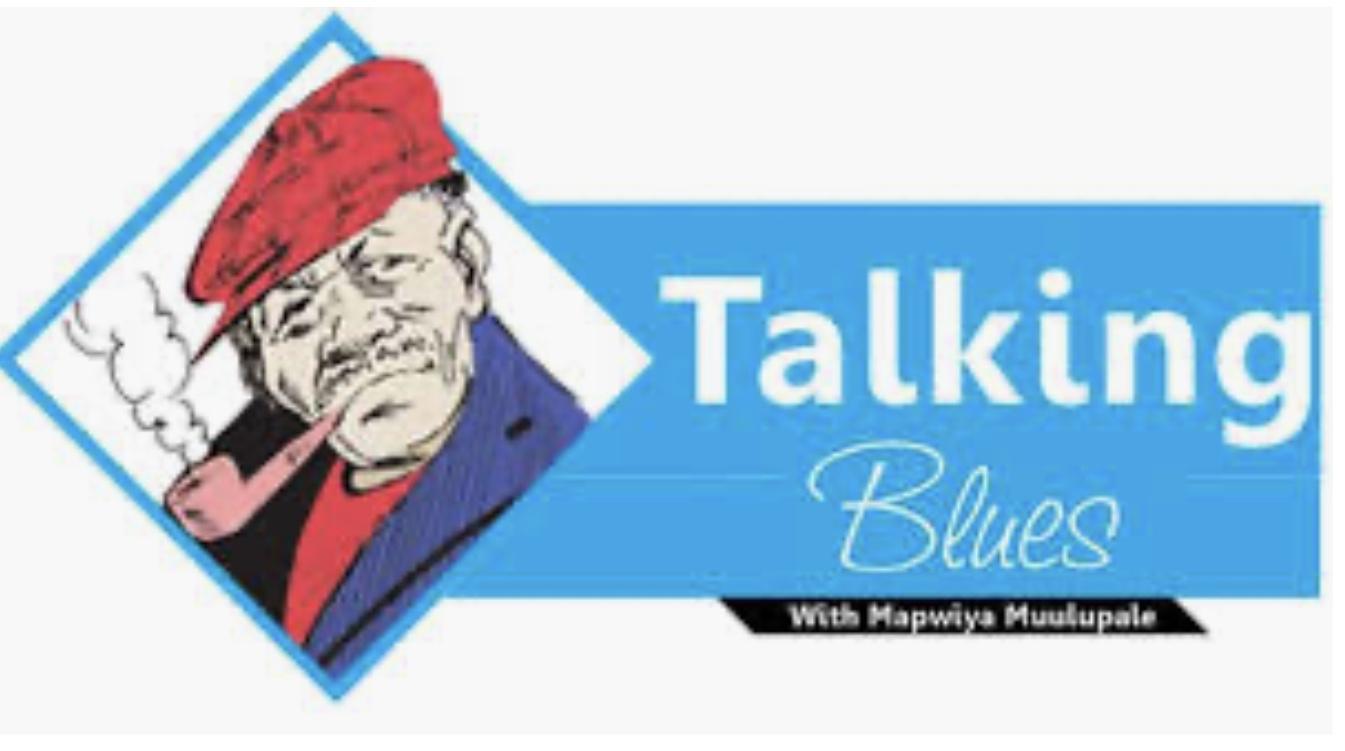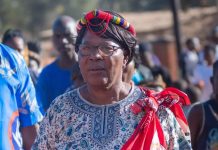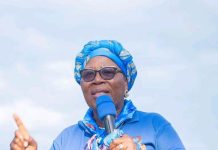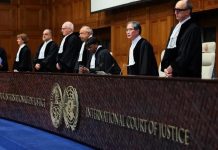
Africa-Press – Malawi. Last Sunday’s Times Television flagship “Hot Current” programme broached the nascent debate over Section 91 of the Republic of Malawi’s Constitution. The Section reads as follows:
(1) No person holding the office of President or performing the functions of President may be sued in any civil proceedings, but the office of President shall not be immune to orders of the courts concerning rights and duties under this Constitution.
(2) No person holding the office of President shall be charged with any criminal offence in any court during his term of office.
(3) After a person has vacated the office of President, he or she shall not be personally liable for acts done in an official capacity during his or her term of office but shall not otherwise be immune.
This is not unique to Malawi. The Global Legal Research Directorate (2017) lists 32 jurisdictions with such provisions where presidents enjoy immunity from criminal prosecution except in cases of “high treason” or other “grave crimes”.
However, by and large, presidents do not enjoy absolute immunity. An example is the United States, where last year the U.S. Supreme Court firmly rejected former President Donald Trump’s arguments for sweeping presidential immunity.
“We hold that the president is neither absolutely immune from state criminal subpoenas seeking his private papers nor is he entitled to a heightened standard of need,” the USSCA said, overturning a few precedents, Nixon v. Fitzgerald being the most commonly cited.
Before we dial the discourse back to Malawi, let us examine the concept and evolution of immunity. What is it? Or rather, what are the implications of granting a president civil and /or criminal immunity?
When granted immunity: You might now be wondering: what gave rise to this phenomenon? Why did the framers of our Constitution deem this presidential immunity necessary? Let us start with the first question. Stein (1983) traces immunity to English common law and the maxim “the king can do no wrong”.
In those days, it probably made sense. Rooted in the now-discredited idea that a king can do wrong, not only the king but even the king’s men were equally enjoying immunity, subject and accountable only to the king.
You probably know how this invariably ended. Anyway, this spilt over to modern times and today, government officials, for better or for worse, enjoy varying degrees of immunity.
We now move to the second question: why would a law-abiding president or government official need “immunity”? Stein (1983) and Fombad & Nwauche (2012) suggest four reasons, viz.:
In a perfect world, these justifications would make sense. However, it is precisely because the world is imperfect that they are required. Hence, they should be taken with a pinch of salt because living as we are in an imperfect world and country, we must learn to think critically.
For example, what then is the remedy for citizens when a president breaks the law or laws? In theory, there are two options. The first is that the case can wait. Once the President is out of office, subject to Section 91(3), immunity would no longer apply.
The second option is that the President can be impeached, and once removed from office, the long arm of the law would do its work. The reality check is: here in Africa, how many presidents have been impeached? Does this mean that African presidents are shining examples of upright law-abiding leaders?
Following this line of enquiry, Fombad & Nwauche (2012) ask some very pertinent questions. All these are very pertinent questions. Fombad & Nwauche (2012) continue: what measures would need to be implemented so that such leaders do not further abuse their period in office to destroy evidence or intimidate or kill witnesses?
Consider the Mwanza Case, for example. From the time of the deaths to the time of the trial, had that case been tried, say 3 or 4 years after the murders, wouldn’t witnesses’ memories have been fresher and perhaps even more witnesses alive to testify?
Fast forward to today: take Norman Chisale’s latest line of defence for the mind boggling convoy of vehicles registered in his name: he reportedly claims they were bought by former president Peter Mutharika. Let us say some official was investigating Chisale back then, and Chisale had given this explanation. Would anyone have dared challenge Mutharika, knowing that he was shielded by Section 91?
These questions and examples show that once a president has immunity, be it absolute or qualified, he cannot be stopped. Seen from this perspective, immunity overrides the President’s permanent and fundamental duty as a citizen to act within the law.
Worse, as evidenced by the predatory behaviors of Norman Chisale and others, practically every Jim and Jack at the State House, OPC and inner circle are tempted to and are indeed encouraged to join the bandwagon and loot with impunity.
It is for these, among other reasons, that scholars – including Malawians of goodwill – argue that granting immunity to presidents is one of “the factors making African presidents so powerful that conventional constitutional checks and balances are failing to restrain their and /or their henchmen’s excesses” at the expense of the citizens. Does Malawi need Section 91?
References:
For More News And Analysis About Malawi Follow Africa-Press





